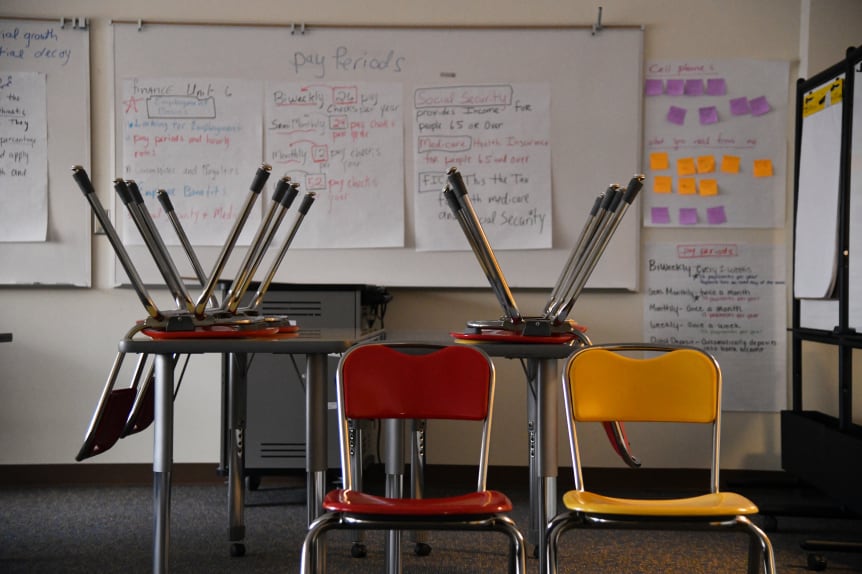The Denver school board expanded its conflict-of-interest policy Thursday to ban employees of independent charter schools and semi-autonomous innovation zones from serving on the board.
The policy already barred district employees from being board members. But it didn’t account for employees at independently run charter schools, or employees of the nonprofit organizations that oversee innovation zones. The zones are groups of district-run schools granted waivers from certain district and state rules. The school board has the power to authorize charter schools and innovation zones, and also to decide whether or not to renew them every few years.
The seven-member school board passed the policy change unanimously and without public discussion. The timing is notable. The next school board election is Nov. 2, and four of the 13 candidates were affiliated with the district professionally last school year.
District employees who have previously been elected to the board have resigned from their jobs in order to serve on the board. The policy doesn’t prevent people who work in schools from seeking office — only from serving on the board.
Two candidates who previously worked for Denver charter school networks, Gene Fashaw and Karolina Villagrana, have already gotten new jobs outside of Denver Public Schools. But two other candidates are still directly or indirectly employed by the district.
Vernon Jones Jr. is the executive director of the Northeast Denver Innovation Zone, a group of six district-run schools in northeast Denver. Michelle Quattlebaum is the parent and community liaison at district-run George Washington High School. Under the board’s policy, neither Jones nor Quattlebaum could keep their jobs if elected in November.
Serving on the Denver school board is an unpaid volunteer position.
The revised policy also bans anyone who serves on the board of a charter school or innovation zone, or any employees or board members of independent contractors or non-profit organizations providing services to the district, from serving on the Denver school board.
Two current board members, Carrie Olson and Tay Anderson, were employed by Denver Public Schools when they were elected in 2017 and 2019, respectively. Both Olson and Anderson had to leave their jobs to serve on the board. Olson was a longtime classroom teacher and Anderson was a restorative practices coordinator.







